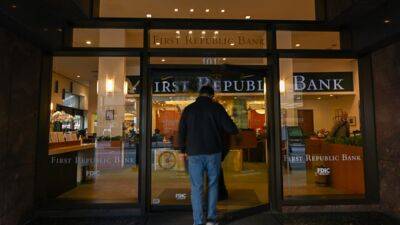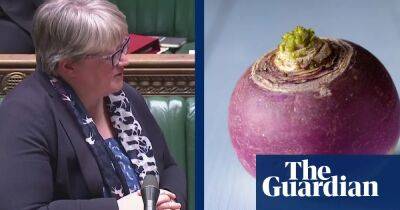You can blame the weather and Brexit. But there’s more to the UK’s food supply crisis
I n October 2014 I told the Defra select committee that we needed to start paying more for our food. If we did not do so, we risked paying vastly more later and experiencing shortages in supply, resulting in empty shelves. For decades the supermarket sector had been given a free run at our food supply chain by governments of both stripes. Just a dozen companies then controlled 95% of UK food retail and used that economic might to force such drastically tight deals on producers that many had gone out of business. Our self-sufficiency had withered. We were now, I said, at serious risk from external shocks disrupting our food supply because we were so dependent on imports.
I didn’t expect one of those external shocks to be self-inflicted, but then the Brexit vote came along. Anyone with even a passing knowledge of how deformed our food system had become knewit would have a drastic impact.
And now here we are in 2023, with shelves emptied of salad vegetables and rationing in supermarkets. Is it solely a product of our leaving the EU? No, of course not – a fact that bug-eyed Brexiters cling to. Yes, there have been weather issues. But isn’t it curious that the supply problems we have here are not being replicated in France, Spain or even Ukraine; that social media is plump with pictures of their stores groaning with fresh produce?
We are capable of growing salad vegetables under glass in the UK all year around – not enough to meet supply, but certainly enough to deal with shortfalls. There are those who claim grandly that there’s something intrinsically distasteful and wrong about eating such foods out of season; that, as environment secretary Thérèse Coffey said last week, we should make do with turnips. That’s to
Read more on theguardian.com















